Want to learn how to build an online business? There’s a lot that goes into creating an online business—and if you’re new to the game, it can be hard to know where to start.
Should you start with developing a product? Identifying your target customer? Building your website? There’s so many things to do!
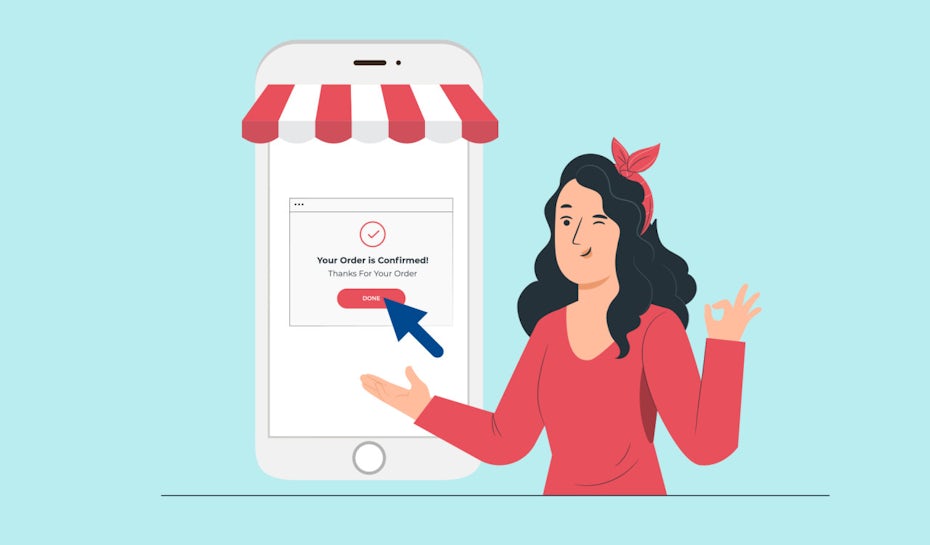
We’ve got you covered. Let’s take a look into how to create an online business so you understand the step-by-step process of launching a successful online venture:
The 8 steps of building an online business:
—
1. Decide what type of online business you’re going to create
—
There are a huge variety of online business types—and before you take the steps to build an online business, you’re going to want to figure out what type of business is right for you.
Here are the 5 most common types of online businesses you might want to consider:

- Ecommerce. Ecommerce is the business of selling physical products online. If you’ve got products to sell, building an ecommerce shop can be a great business model.
- Digital products. Physical products aren’t the only products you can sell online! Digital products—like ebooks, educational courses, or design templates—can be a great way to drive revenue online.
- Affiliate marketing. Don’t have any of your own products to sell? No worries! With affiliate marketing, you can sell other people’s products—and get paid a commission every time you make a sale.
- Freelancing or consulting. If you have an in-demand skill, building a freelance or consulting business—and then promoting that business and finding new leads online—might be the business model for you.
- Social media-based businesses. If you have a large social media following (eg. Instagram, Facebook, Youtube, Twitch…), there’s also an opportunity to build a social media-based online business. You can monetize your social media following in a variety of ways, from brand partnerships to subscription groups to premium content.
Once you’re clear on what type of business you want to create, it’s a lot easier to flesh out a strategy to bring that business to life.
2. Identify a need in your market—and create an online business that satisfies that need
—
It doesn’t matter how great your idea for an online business is—if it doesn’t fill a need in the market, it’s not going to be successful.

There are a few different ways to figure out if your business idea aligns with a genuine need in the market, including:
- Competitor research. Look at what your competitors are doing. What products or services are they providing to their customers? What needs are they fulfilling? And how does that align with the need your business idea fulfills? While you never (ever!) want to rip off your competitors, identifying the needs they’re fulfilling in the market will give you insights into what your customers are looking for—and how your business can fulfill that need.
- Market research. Market research can give you insights into what people are talking about in your industry—which can then give you insights into which direction to take your business and whether your current idea is going to connect with that market. For example, you can look on Quora and see what questions people are asking in your industry—and then reverse engineer how your business can answer those problems. Or you can research what complaints customers have about your competitors—and then figure out how you can improve and deliver a better customer experience with your business.
- Customer surveys. If you want to know what your customers need, the best thing you can? Ask them. Customer surveys will give you first-hand information on what your customers want, what they need, and how your business can deliver on those wants and needs.
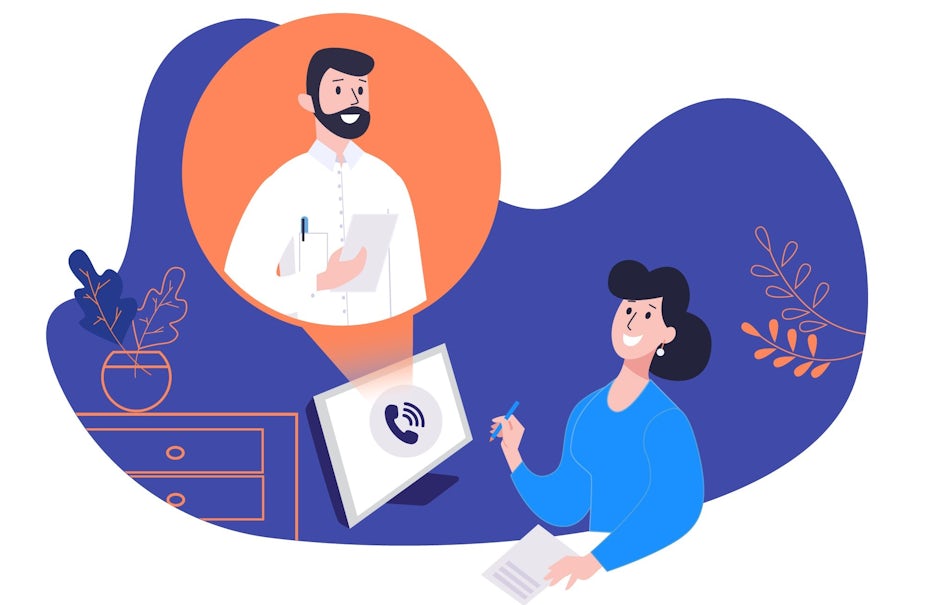
Once you’ve gathered all that information on your customers and what they need, you can use it to clearly define your customer pain points, how your business provides a solution to those pain points, and create an ideal customer avatar or user persona (a composite character that acts as a representation your ideal customer).
Knowing who your ideal customer is will help you drive your business strategy and make sure that the online business you’re building really speaks to the customers you’re building the business for.
3. Develop your product or service
—

You can’t have a business if you don’t have anything to sell. So before you get started, make sure you put the time, effort, and resources into developing an unparalleled product or service.
This step of the process is going to look different for every business. If you’re looking to sell your products online, that could mean investing in research and development. If you’re launching a digital products business focused on ebooks, it could mean hiring a top-notch editor to go through your copy and make sure it’s up to par before you go live.
If it’s an affiliate marketing business, it could mean taking the time to really research the affiliate opportunities available in your niche—and making sure that you’re only promoting the highest quality products to your audience.
The point is, your online business is reliant on your ability to effectively sell your product or service—so don’t cut corners and make sure that whatever product or service your selling is something your customers are going to be excited to buy.
4. Build your brand
—
Your branding is what’s going to help you stand out, break through the clutter, and grab your ideal customer’s attention—so it’s important to take the time to put some serious thought into what kind of brand you’re trying to build.
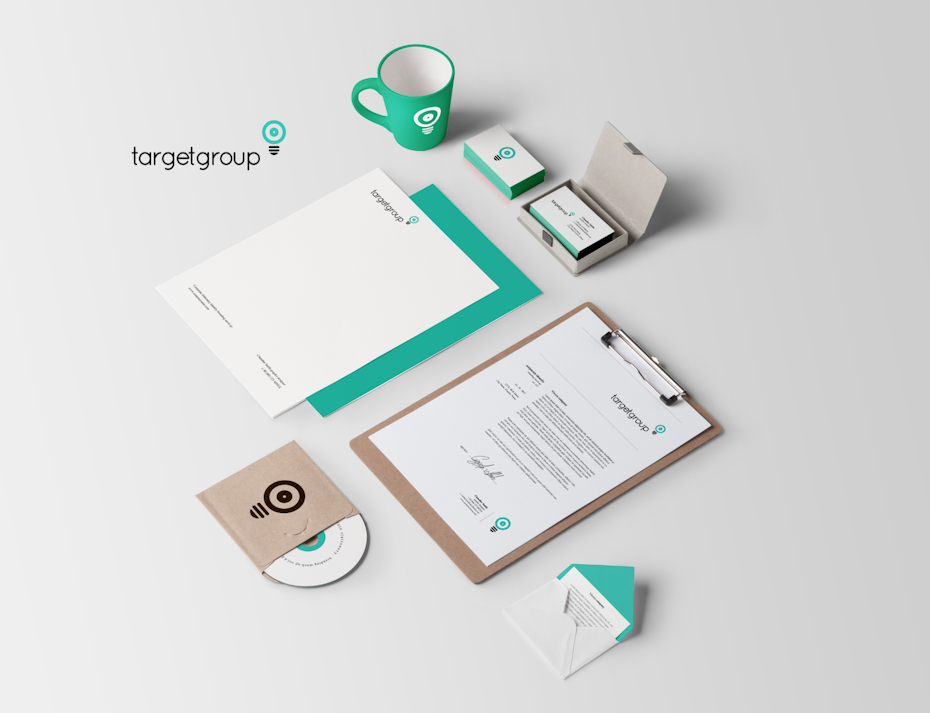
To start off the branding process, first, really dig deep on who you are as a brand. What are your mission and values? What makes you different from your competitors? What’s your brand personality? What do you do better than anyone else?
Once you have a clear idea of who you are as a brand, you can use it to drive the other part of building your brand: your visual brand identity and brand design.
There are a few key brand design elements you’ll need to launch a successful online business, including:
- Logo
- Brand color palette
- Website
- Business cards
- Other branding elements as necessary (for example, packaging, marketing brochures, or branded t-shirts)
All of these elements are what make up your brand identity. They’re the elements that are going to tell your customers who you are and broadcast your brand message to the world—and it’s important to have them in place so, when you do launch your business, you’re in control of the message.
5. Build your website
—
Because you’re building an online business, your website is arguably the most important element in your brand identity; it’s the place where customers will get to know your brand, explore your products and services, and ultimately decide whether you’re a brand they want to do business with.

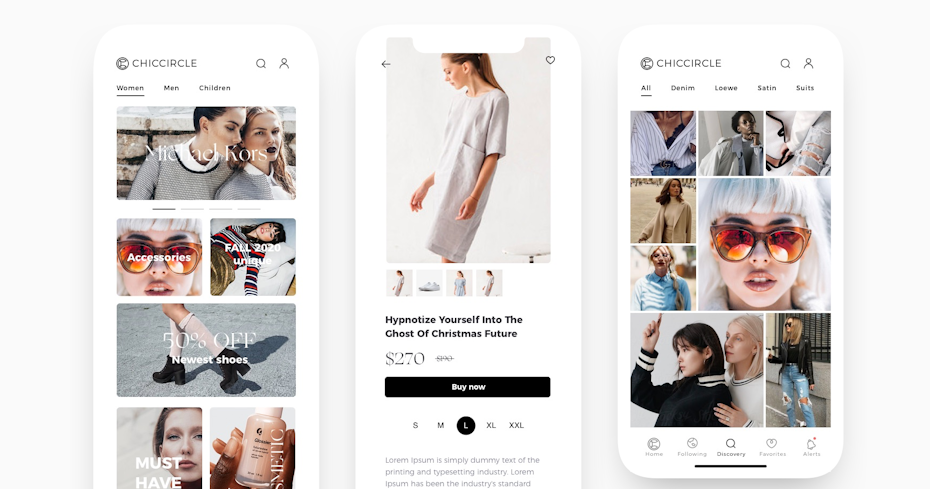
So, it’s important to get it right.
When you’re building the website for your online business, there are a few things you’ll want to keep in mind, including:
- Keep your design on-brand. Your website is the hub of your online business; you want your customers to get to know you and your branding—so it’s important that you keep the design on-brand. Feature your logo prominently, use your brand color palette in your design, showcase your brand typography…whatever you need to do to brand your website thoroughly and consistently, do it.
- Make it responsive. Just as many people are going to be viewing your website on a mobile device as they are on a computer—so it’s important that your design looks just as good on an iPhone as it does on a MacBook. When you’re creating the website for your online business, make sure it’s fully responsive—and make sure to view it on both a mobile and a desktop device to make sure the design is on point before you go live.
- Make purchases simple. The purpose of your website is to drive sales for your online business—so it’s important to create a great user experience and make purchasing your products or services as simple as possible. For example, if you have an ecommerce website, organize your product categories in a way that makes it easy for customers to find what they’re looking for—and then simplify the shopping cart process so they can add the product, enter their information, and make the purchase in a few quick, easy steps.
Want more details on how to build a website from the ground up? Check out our article on how to create a website.
6. Take care of the legal side of forming a business
—
You want your online business to be successful. But you also want it to be legal; otherwise, you run the risk of dealing with a lot of frustrating, expensive headaches down the line.
Before you launch your online business, it’s important to take any necessary steps to ensure your business is legally compliant. While every business is different, some common steps you might need to take include:
- Legally forming your business. If you decide to form an LLC or a corporation, you’ll need to file the appropriate legal paperwork to establish and register your business with your state.
- Apply for your tax identification number. As a business, you may be required to pay separate taxes. Check with your government to see if you need to establish a separate tax identification number—and, if so, apply for that TIN before you start your business operations or collect any money.
- Setting up a business bank account. It’s important to keep your personal finances and your business finances separate. Setting up a business bank account—and funneling all your business profits and payments into that account—will make that process a lot easier.
- Talk to an accountant about your tax responsibility. It’s important to understand your tax responsibility before you launch your business. Do you need to charge sales tax to your customers? Do you need to pay quarterly estimated taxes to your federal or state government? What tax paperwork do you need to file? Talking to a qualified small business accountant can help you get clarity on your tax responsibility—and make sure you don’t run into any issues come tax time.
7. Get your logistics in place
—
There’s a lot of logistics that go into running a business—and when you’re creating an online business, it’s important to get a logistical strategy in place before you launch.
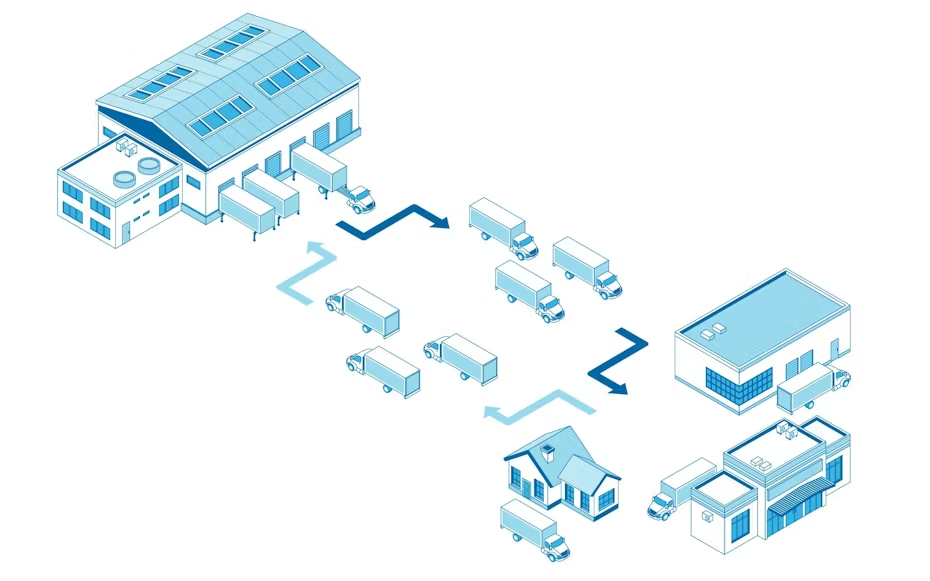
Again, the actual logistics you need to get in place are going to depend on your business type. But some logistics you may need to explore include:
- Manufacturing. If you’re selling physical products, you need a way to manufacture those products—and, as you grow and scale, to manufacture those products in larger quantities.
- Shipping. Again, if you’re selling physical products, you need a way to get those products into your customers hands—and will need a reliable, affordable shipping solution in order to make that happen.
- Packaging. If your products are going to be packaged in branded packaging, you may need to partner with a professional printer.
- Digital platforms. There are a variety of digital platforms you may need in order to effectively manage your online business (for example, a learning platform to host your online course or an ecommerce platform to sell your products).
- Payment processing. You need an easy, safe, and reliable way for your customers to pay you—so before you launch, it’s important to get a secure, user-friendly payment processing option in place.
8. Develop your marketing strategy
—
You have your product or service. You have your logistics, legal, and branding in place. Now, it’s time to get your brand out into the world and start marketing your online business.
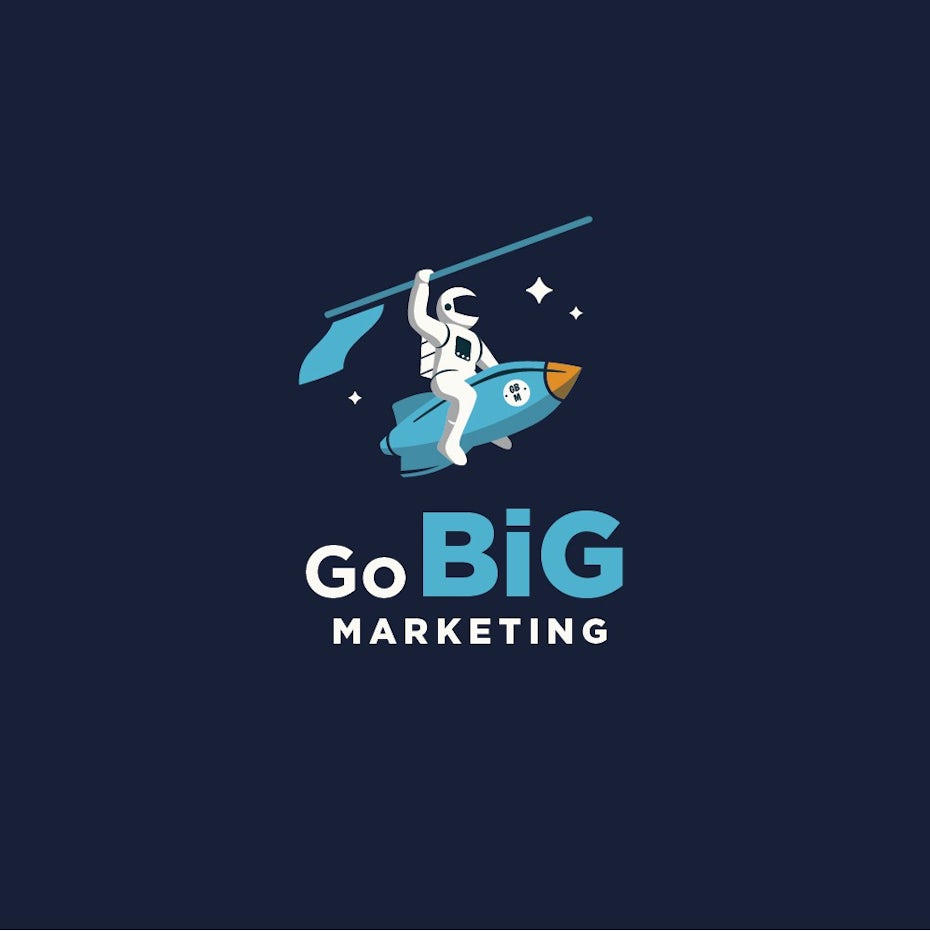
There are a huge variety of ways you can connect with your customers and market your online business.
Here are 5 different ways to market your business online:
Advertising
Advertising can be a great way to reach your ideal customers, build buzz and interest, and get the word out about your online business.
There are a ton of ways to advertise online; you can use Google AdWords to advertise your products when your customers run a relevant Google search. You can use Facebook ads to target your competitors’ followers—and show them why they should actually be doing business with you. You can buy display ads on high-traffic websites where you know your ideal audience spends time online.
Do ads cost money? Yes. But if you do it right, it’s worth the budget. Advertising is one of the most effective ways to drive traffic to your website—where you can then convert that traffic into paying customers.
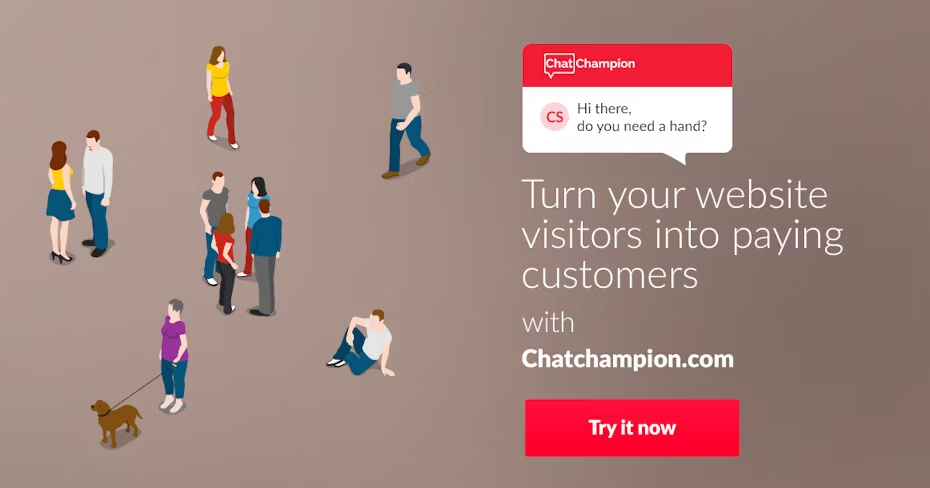
Email marketing

Most people check their email on a daily (or sometimes hourly!) basis. So getting into your customer’s inbox is a great way to build awareness around your business, lay the foundation for a solid business relationship, and, ultimately, to drive sales.
Add a pop-up to your website to collect visitor emails—then, follow up with those potential customers with a good mix of relationship-building, informational, and incentivized marketing emails. So, for example, you might send a welcome email when someone signs up for your email list introducing your business. Then, a few days later, you might send an email that showcases your best-selling products—and then finally, follow up with a 25 percent off coupon to incentivize them to purchase those products.
The more contacts you add to your email list, the more opportunities you have to continually market to potential customers—and the more opportunities you have to drive sales for your online business.
Check out this article for more tips on designing emails that work.
Content marketing
People do business with brands they trust. And a great way to show your customers that your business is worth that trust? Content marketing.

Creating educational content—like blog posts, ebooks, or Q+A’s—helps to establish you and your brand as a subject matter expert within your industry. It helps show your customers that not only do you know what you’re talking about, but that you’re committed to providing value—even if they don’t make a purchase.
But the thing is, by creating helpful content, you’re also creating value for and building trust with your audience—so when the time comes when they are ready to make a purchase, you’ll be top of mind.
Social media marketing
If you’re building an online business, you want to target your customers where they’re already spending their time online—and for many customers, where they’re spending their time? Social media platforms.

As mentioned, social media advertising (like Facebook ads) can be an extremely effective way to market to your customers. But there are other ways you can leverage social media branding to connect with your audience—and, ultimately, to drive sales.
Create a presence on the social media platforms your target audience uses most—and then publish content on those platforms regularly. Offer incentives for your customers to follow you on social media (like exclusive discounts or previews of new products). Engage with your followers and answer any questions they have about your business, your services, or your products.
Social media is all about conversation—and using social media to have meaningful conversations with your customers is one of the most effective ways to market your online business.
Partnerships
If there are other businesses in your space that aren’t competitors—but have similar audiences—you can also explore partnership opportunities. For example, you might offer their customers a special discount on your products or offer to write a guest post on their blog.
Marketing is all about getting the word out about your business—and the more customers you can reach, the more successful your online business will be.
Get out there and start your online business
—
There are a lot of things that go into creating a successful online business. But now that you know how to build an online business from the ground up, all that’s left to do is get out there and start creating!
Need a logo, ad, packaging or website designed for your online business?
Our designers can help you create just about anything.
The post How to build an online business in 8 simple steps appeared first on 99designs.
How to build an online business in 8 simple steps posted first on https://www.lilpackaging.com
No comments:
Post a Comment